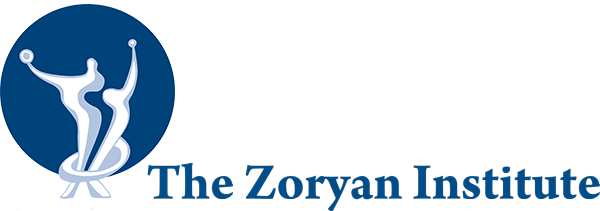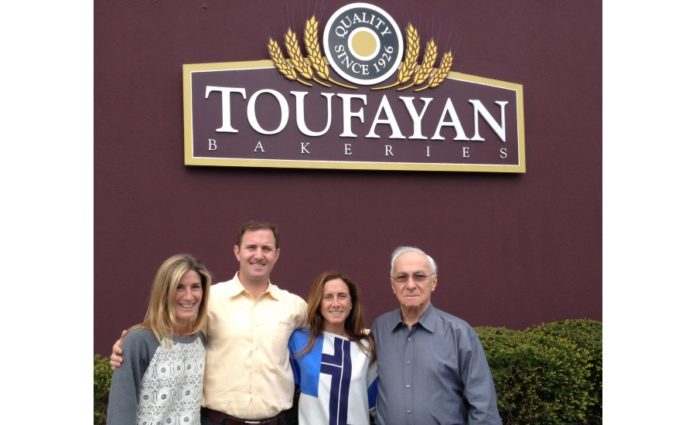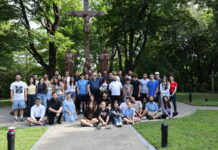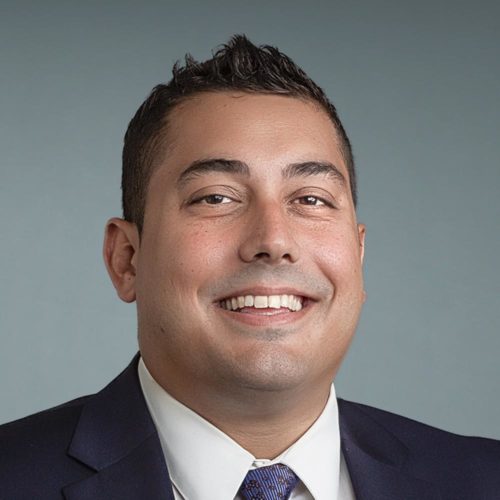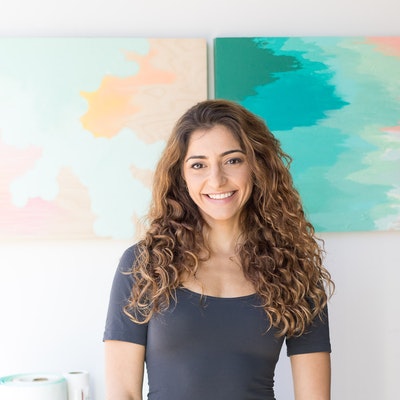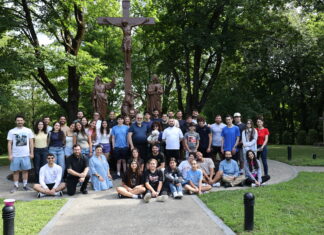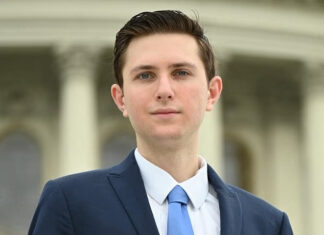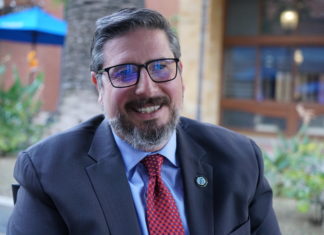NEW YORK — Life has ground to a halt in the United States as the coronavirus pandemic spreads through the nation, particularly in the densely populated metropolis of New York and New Jersey. The hardest hit region has experienced loss, chaos and disruption at every turn, for every industry. The response from the Armenian-American community, however, has been one of vigilance. From medical professionals to businesses to outreach-minded organizations, each group has mobilized during this unprecedented time to meet the needs of its consumers, give back, and provide hope during this calamitous period.
While Toufayan Bakeries is well-known for its pita bread and baked goods, the family-run company also focuses on corporate social responsibility in their daily operations. Headquartered in Ridgefield, NJ, with additional factories in Florida, Toufayan Bakeries is helping out in various ways — from increasing wages of frontline workers to donating to food banks and hospitals across the country.
Toufayan Bakeries has a history of giving back since its founding in 1968, according to Karen Toufayan, vice president of marketing and sales. An integral philanthropic presence not only in the Armenian-American community but nationwide, Karen and her siblings follow in the footsteps of their parents, Harry and Suzanne, who always donated to communities they lived or worked in as well as places in need across the country.
Prior to the pandemic, Toufayan Bakeries (https://toufayan.com/) consistently donated to a number of organizations, including Second Harvest Food Bank of Central Florida, Eva’s Shelter, St. Paul Episcopal Church Men’s Shelter, nourish.NJ, Oasis, and Interfaith Social Services, in addition to the plethora of initiatives and support the family has contributed to the Armenian community in the Diaspora and the homeland.
“My father is grateful to be living in the United States and when he sees places that experience devastation like how Tennessee was affected by the tornadoes, his first instinct is to figure out a way to get bread to the folks there in the community,” said Toufayan. “The same goes for what is happening in our communities now with the coronavirus pandemic.”
When the pandemic surfaced in the US and was particularly menacing in the New York metropolis area, Karen and her siblings took the lead in managing their New Jersey headquarters and reassured their parents to remain in Florida.
